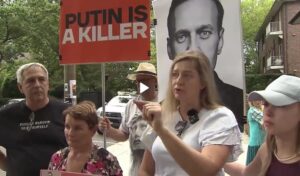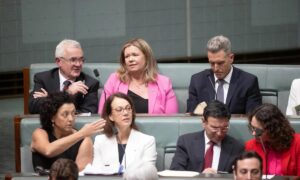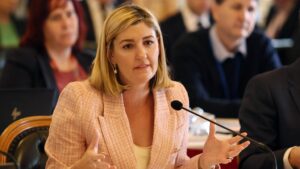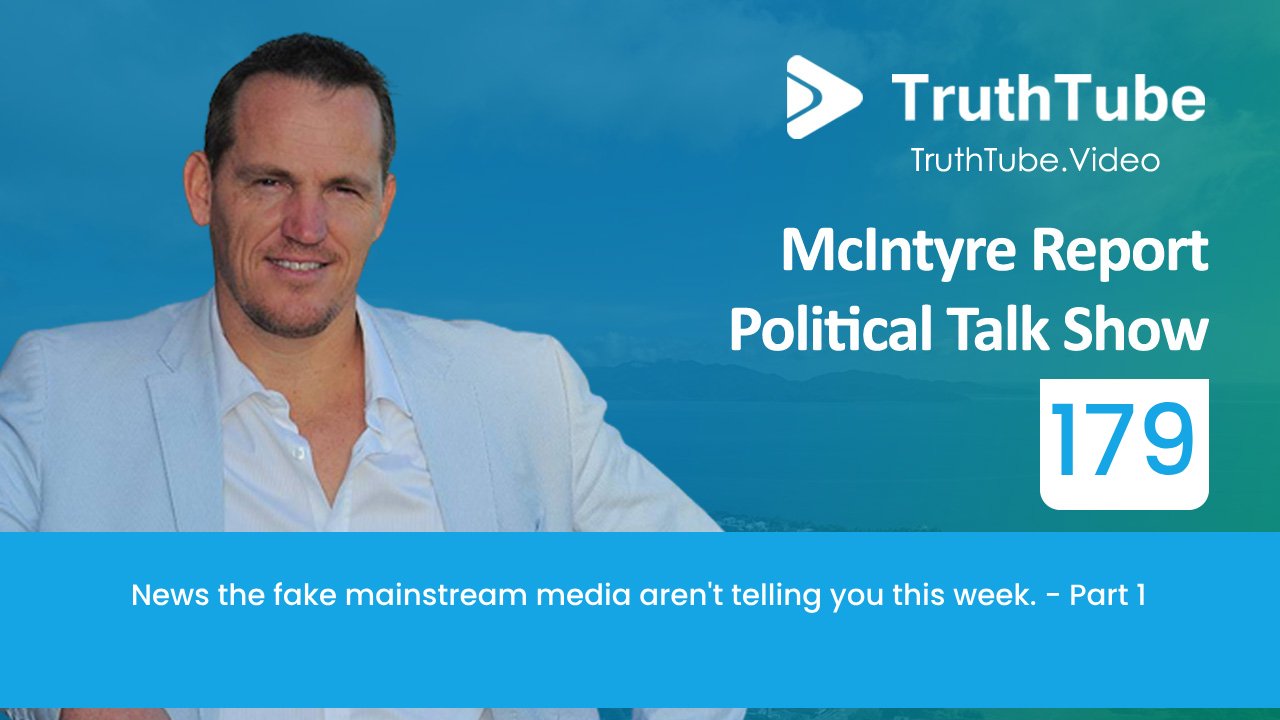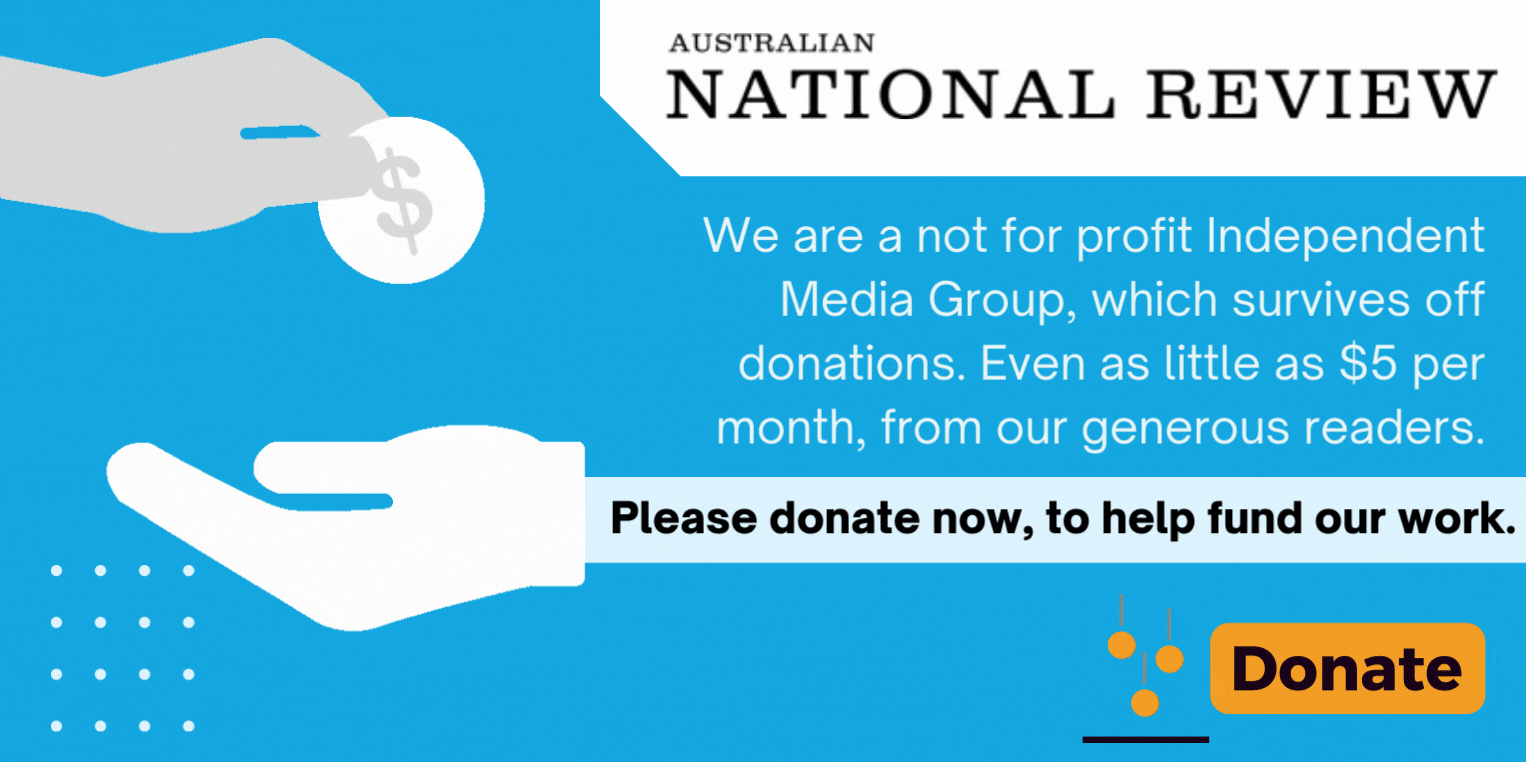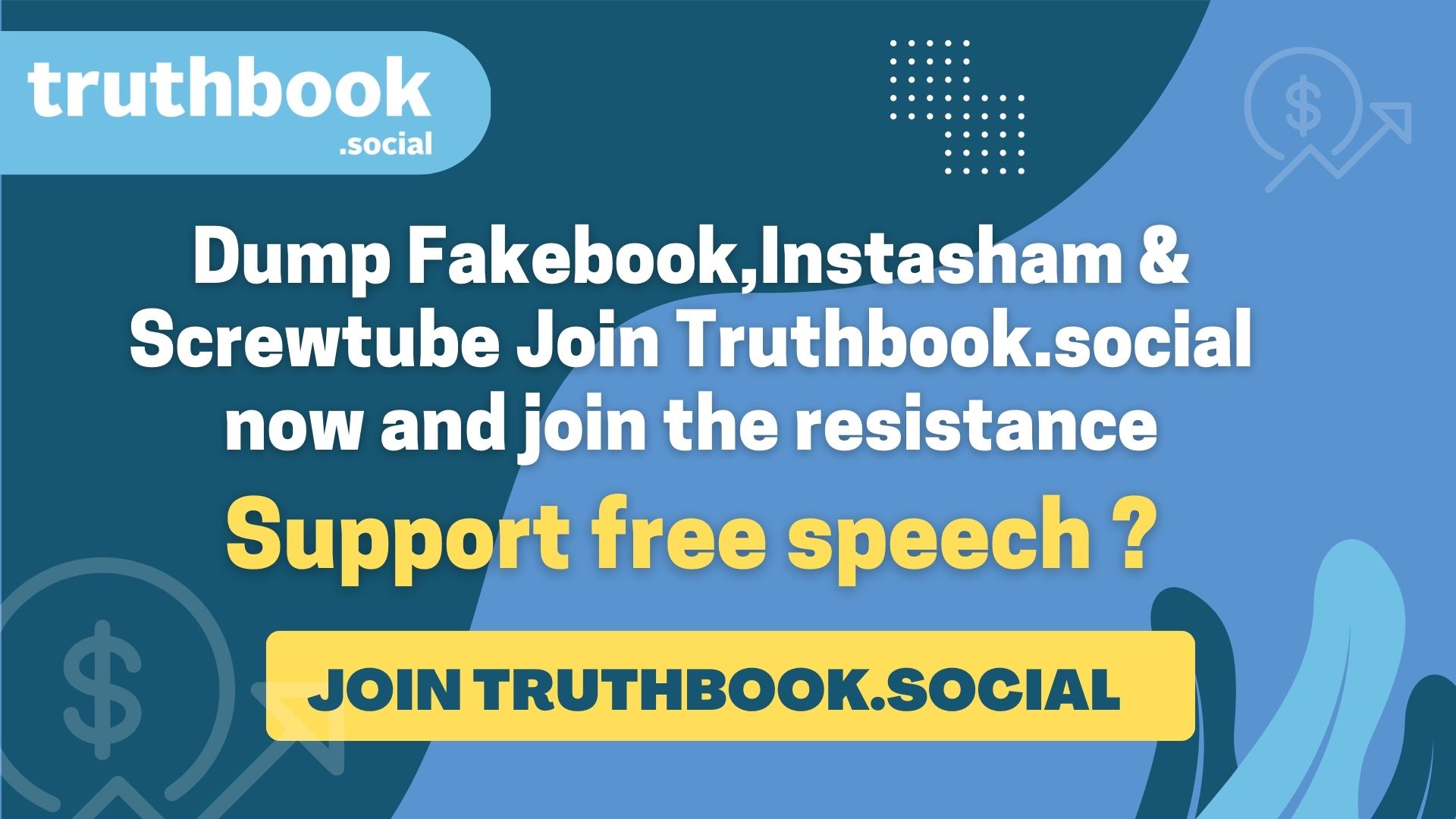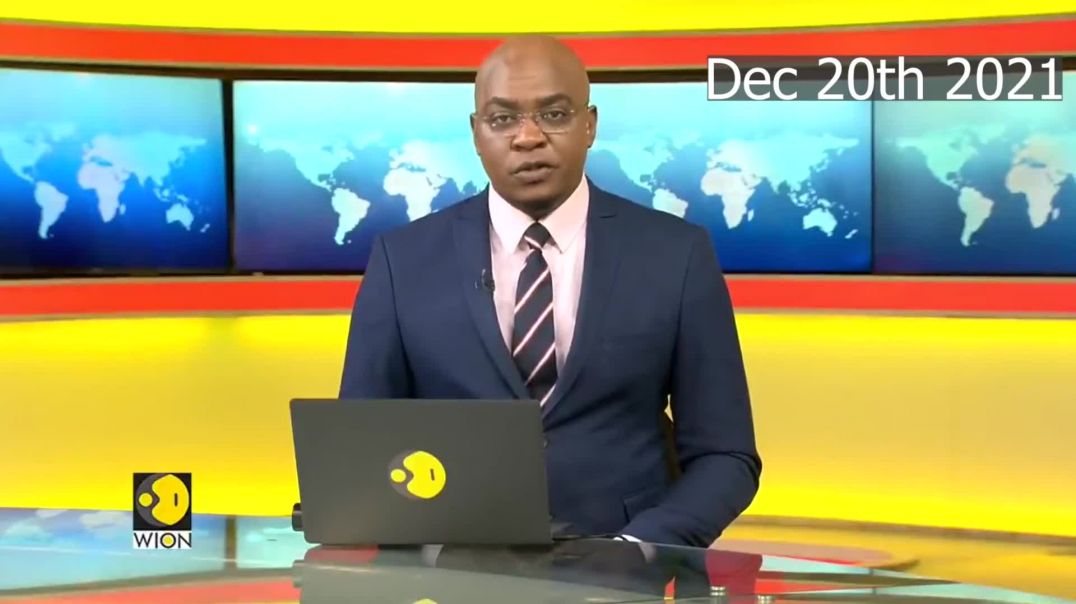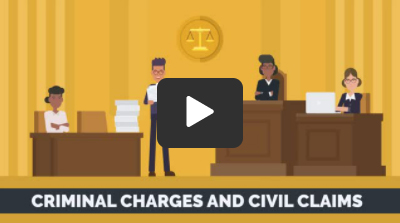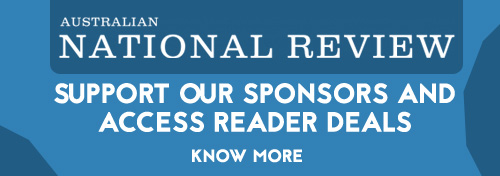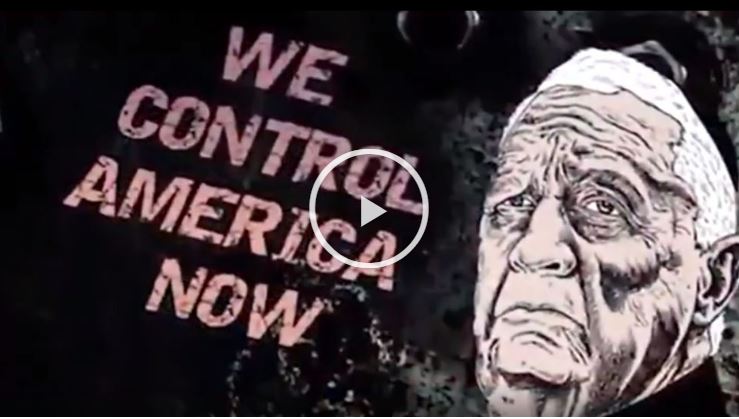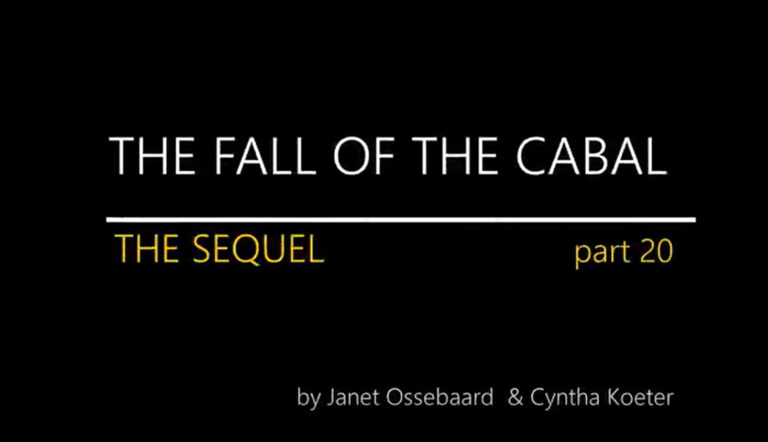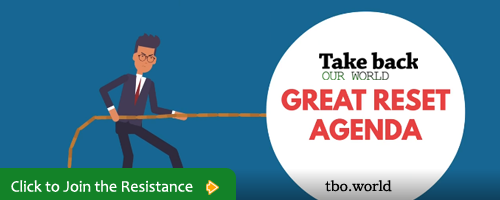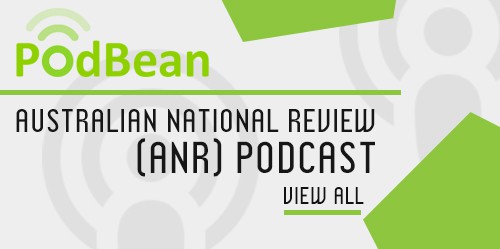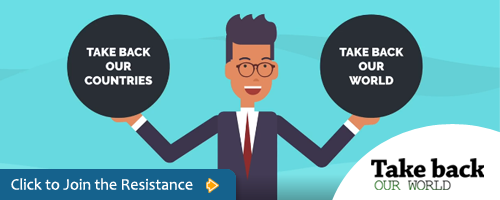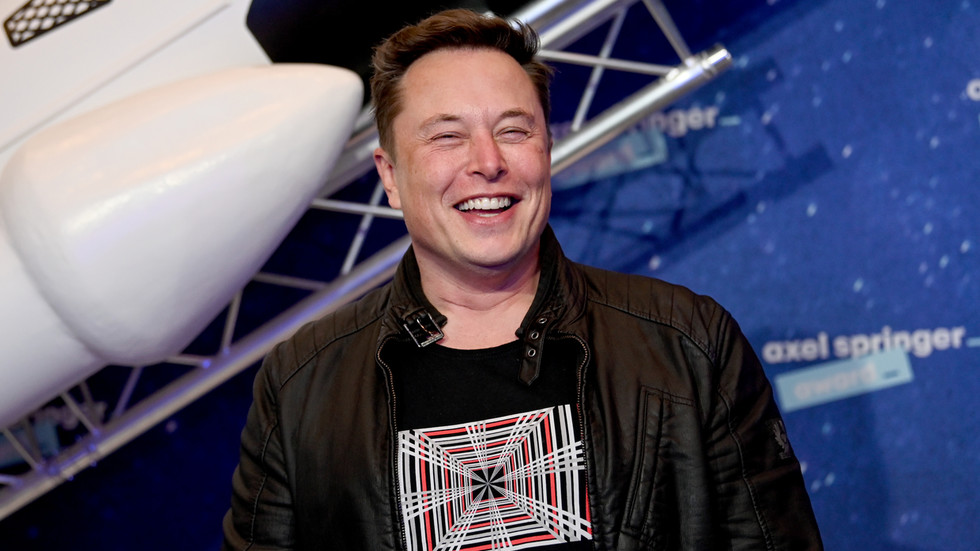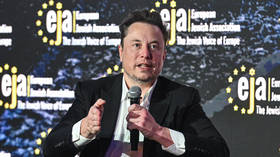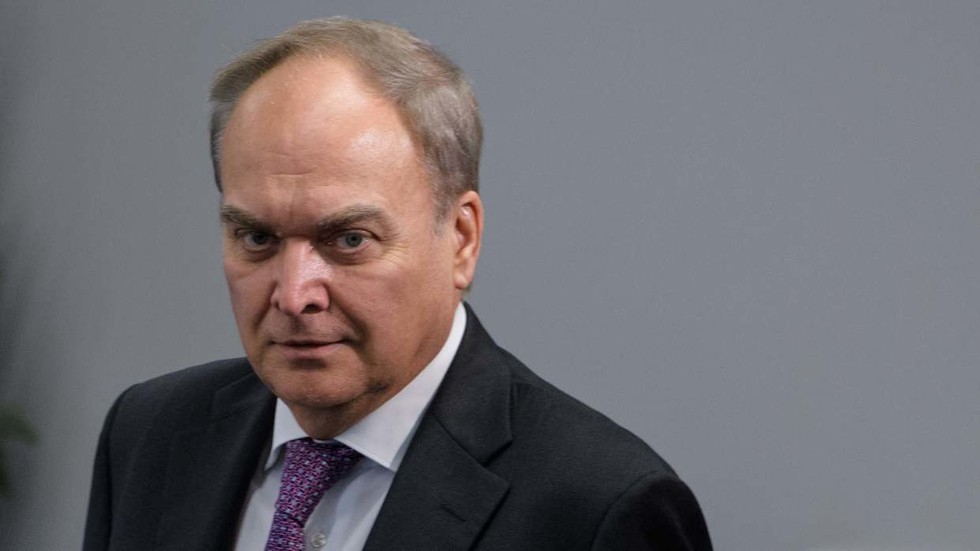A Norwegian member of parliament has proposed giving the 2024 Nobel Peace Prize to Elon Musk, arguing that the South African-born entrepreneur has championed free speech with his acquisition of Twitter and by providing the Ukrainian military with satellite communications.
In the nomination put forth on Tuesday, Marius Nilsen of the Progress Party argued that Musk deserves the prize for his “adamant defense of dialogue, free speech and [enabling] the possibility to express one’s views” in a world he described as “continuously more polarized.”
“Echo chambers and yes-people do not bring forth the best ideas and cooperation, but decline and regression. Complementary views, opinions and processes of thoughts unlocks the best ideas,” Nilsen said.
He also noted Ukraine’s use of Starlink, a satellite system operated by Musk’s SpaceX, to “communicate, coordinate and withstand the attack from Russia.”
Previously best known for being the head of the Tesla electric car company and the owner of SpaceX, Musk bought Twitter – since rebranded as X – in October 2022, citing its penchant for censorship. He has since fired much of the company’s staff and unbanned many – though not all – previously silenced accounts. One of them was the personal account of Donald Trump, censored while he was still the sitting US president.
“The multitude of tech companies Musk has founded, owns or runs, aimed at bettering societies, increasing knowledge of both earth and space, in addition to enabling communication and connectivity globally… has helped make the world a more connected and safer place,” Nilsen argued in his nomination.
Winners of the Nobel Peace Prize will be announced in October. This year’s competition is particularly fierce, and includes Trump, WikiLeaks publisher Julian Assange, Pope Francis, UN Secretary-General Antonio Guterres, Palestinian journalist Hind Khoudary, NATO Secretary General Jens Stoltenberg, Colombian President Gustavo Petro – as well as multiple NGOs.
Last year’s award went to Iranian activist Narges Mohammadi, “for her fight against the oppression of women in Iran and her fight to promote human rights and freedom for all.” In 2022, the prize was split between “human rights” organizations and activists from Belarus, Ukraine and Russia.
